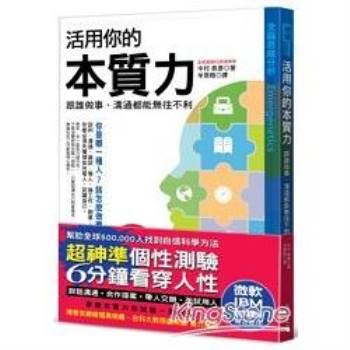Integrating intermittent distributed generation, distributed storage systems, electric vehicles, and flexible loads will present security, stability, and power quality challenges in future smart grids. The amount of data to be processed to face these issues can overwhelm grid operation tools and conventional IT-based applications, limiting situational awareness and decision support. Decentralized and self-organizing technologies can help with that problem. In a self-organizing system, information processing is based on local interactions of its elementary parts (dynamic agents), enabling the cooperative solution of complex decision-making problems by only requiring local information exchange without needing a fusion center for data collection and processing.
Self-Organizing Dynamic Agents for the Operation of Decentralized Smart Grids describes the technology of cooperative sensor networks for smart grid computing, which allows for solving the fundamental power system operation problems by enabling the cooperation of dynamic agents. The resulting computing architecture is highly scalable, flexible, robust against perturbation, and able to self-repair.
Chapters cover the needs and challenges in smart grids, cooperative and self-organizing sensor networks, self-organizing wide area measurement systems, decentralized voltage regulation and economic dispatch of distributed generators, grid monitoring estimation and control, and dynamic thermal rating assessment of overhead lines.
Written with graduate students, researchers, and power system engineers in mind, this book offers a concise but thorough overview of the role of decentralized and self-organizing sensors in smart grids












